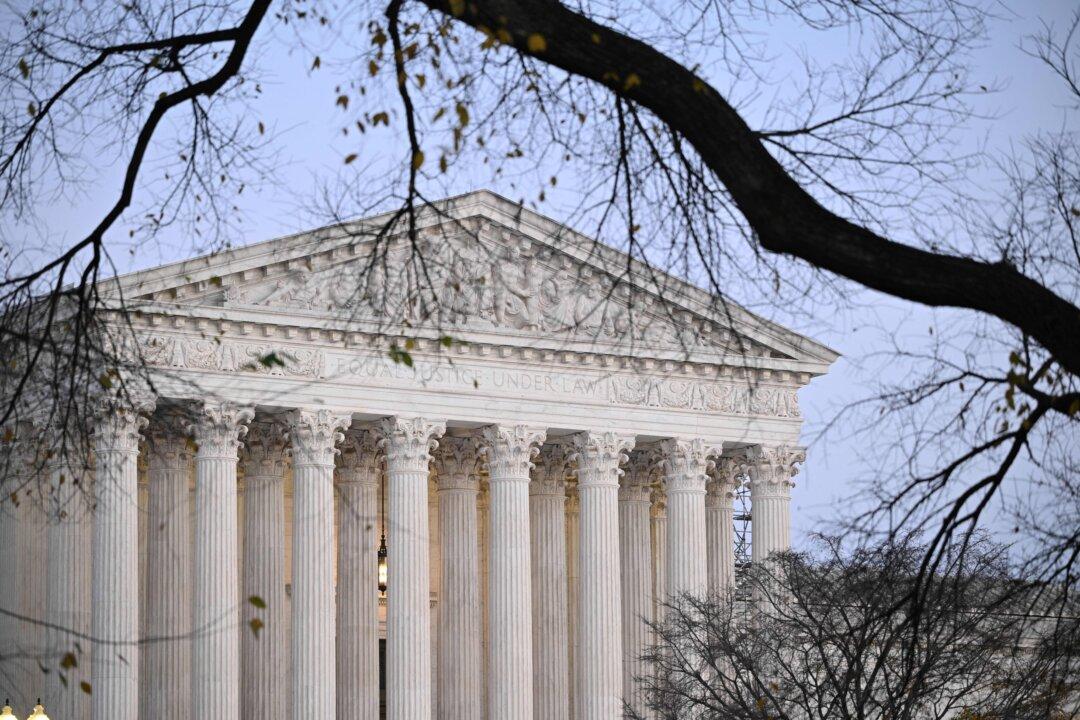The Supreme Court agreed on Dec. 13 to hear the Biden administration’s defense of regulatory moves related to mifepristone, a pill used for abortions.
The court’s decision in the heavily litigated case could affect the availability of the drug. In 2016, prescription rules were loosened, and in 2021, the government allowed prescriptions to be sent by mail. Opponents of the abortion pill argue that these decisions put women at risk.





